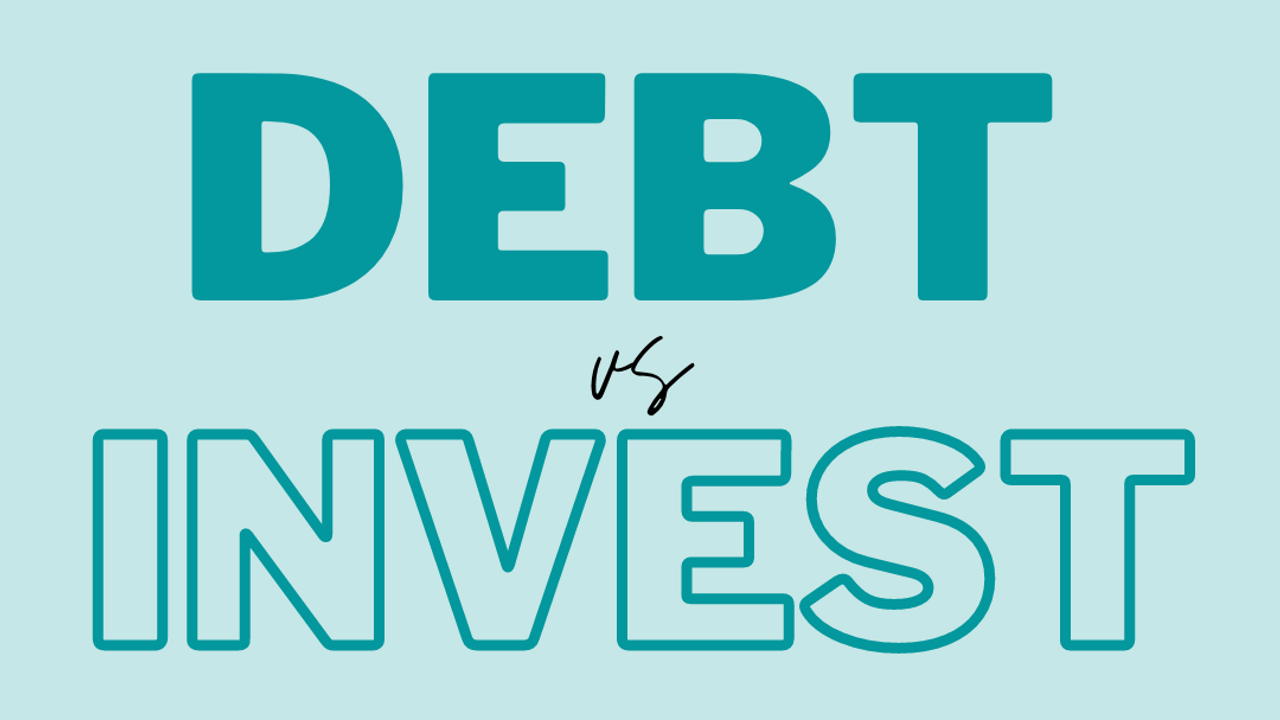Binge read all things wealth building, debt reduction, & lifestyle.
3 Student Loan Mistakes (That Cost Tens of Thousands)

Are you a medical professional struggling with student loan debt? You're not alone. In fact, many medical professionals are making costly mistakes that can significantly impact their financial future.
Let's look closely into the top three mistakes medical professionals are making with their student loan debt:
1. Accidentally Choosing Taxable Loan Forgiveness
One of the most common mistakes is choosing taxable loan forgiveness without realizing that you’re doing it. When you're on an income-driven repayment plan and your loans aren't paid off after 20-25 years, the remaining balance is typically forgiven. However, this forgiveness is taxable, meaning you'll have to pay taxes on the forgiven amount as though it was ordinary earned income.
Medical professionals often opt for income-driven repayment plans without realizing that the remaining loan balance after 20-25 years is forgiven but taxed as income. This mistake can lead to a substantial tax...
How I Became A Millionaire At 31 As A PA-C

I became a millionaire at 31.
I didn't sell a business, get a six figure inheritance, or rob a bank. Rather, my husband and I accomplished this feat by being incredibly purposeful and deliberate with our finances over a period of many years.
When I graduated from physician assistant school at the age of 25, I was saddled with an overwhelming student loan debt of $161,000. My husband and I had little savings to speak of, no real knowledge about investing, and the added burden of a mortgage to contend with. The future looked daunting, and at times it felt like we were facing an insurmountable challenge.
At the time, I thought my primary money problem was my student loan debt. (Turns out, it wasn't. More on that later.) Nevertheless, I remained determined to tackle my student loans head-on and focused all my energy on paying them off as rapidly as possible, hoping to achieve financial stability sooner rather than later.
I worked full time as a PA-C, and then...
Should I pay off debt or invest?

I paid off $161,000 in student loan debt in 16 months. I made TREMENDOUS lifestyle sacrifices to achieve that goal, and didn't invest along the way.
Was that the correct approach? Not necessarily. The answer actually varies for each of us.
Most healthcare professionals are facing this age old question: How much of your income should be going to debt vs investments? Should it be all or nothing?
The answer depends on a variety of factors, one of which being personal preference. In general, investing should be prioritized above LOW interest debt, particularly if you are young. Here are some suggested cut offs:
- Invest first if your debt is less than 8-9% if in 20s
- Invest first if your debt is less than 6-7% if in 30s
- Invest first if your debt is less than 4-5% if in 40s
Above those cut offs, pay off the debt first!
Why does age matter? With age, your portfolio will have a higher bond allocation and generally low returns. In addition, you want the security that complete debt...
The PA StartUp Podcast with Chris Darst

This episode will definitely inspire you about what is possible for you on your student loan journey!



